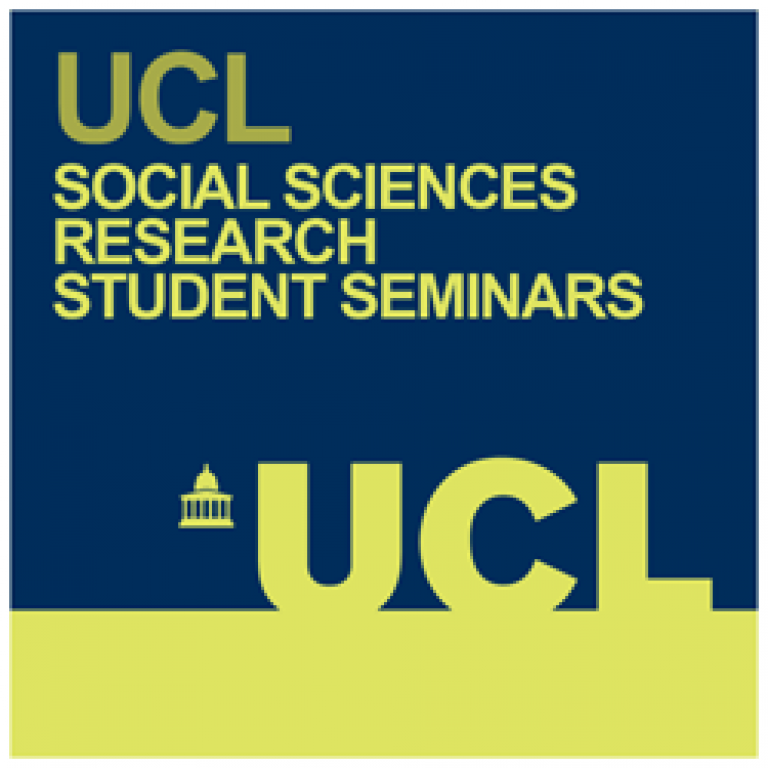The impact of commodity prices on stock market returns in Kazakhstan and Russia – a comparative analysis
25 May 2017, 6:00 pm–8:00 pm

Event Information
Location
-
Drayton House B04, 30 Gordon St, London WC1H 0AX
Speaker: Aigul Bekberdiyeva
My research deals with the stock markets of
Russia and Kazakhstan and investigates them in a comparative perspective on the
aftermath of the oil crisis, trying to identify the impact of the crisis on
these markets.
Resource based economies are heavily reliant on natural resource rents, so one would expect a significant decrease in the stock market returns, given that the stock markets reflect the health of the economy. However, it is interesting to examine whether they are all affected in the same way, and understand which factors determined the depth of the fall in the stock markets. Another interesting part of this research pertains to the correlation between global equity markets and the returns of the emerging equities markets. In general, investments in emerging markets are considered as a diversification, but also as places of high returns, since they are generally considered less efficient. This is often translated into profitable trading opportunities, and prices that do not follow the random walk (Griffin et al 2010). This research becomes even more interesting by the fact that returns in Russia have been shown to be uncorrelated with the returns of global equity markets (Castagneto-Gissey and Nivorozhkin 2015). Hence, it will be interesting to observe if this has changed as a result of the oil crisis, but also if it is true in general for resource based economies. In terms of methods, we plan on using dynamic panel data models in order to examine the impact that the falling price of oil had on the economies. To examine the relationship between the resource based stock markets and the global ones, we propose to follow the approach by Nivorozhkin and Castagneto-Gissey (2016) and apply dynamic goodness of fit and bootstrapped regression models that will allow us to examine how the stock markets of the resource based economies and the global equity markets behaved after the dramatic fall in the price of oil since the summer of 2014.
Aigul Bekberdiyeva: I am from Almaty, Kazakhstan and following my studies at UCL (BA, MA) I decided to start a PhD under the supervision of Dr Eugene Nivorozhkin at UCL SSEES. My research focuses on the process of transition from a command to a free market economy in Central Asia. In this context I examine the process of privatisation, liberalisation, macroeconomic stabilisation, firm performance, the effects of corruption and the key characteristics of the stock markets.
A seminar hosted by
the UCL SSEES Social Sciences & Arts and Humanities Research Student Seminars.
Student Coordinators: Peter Braga and Liisa Tuhkanen
 Close
Close

